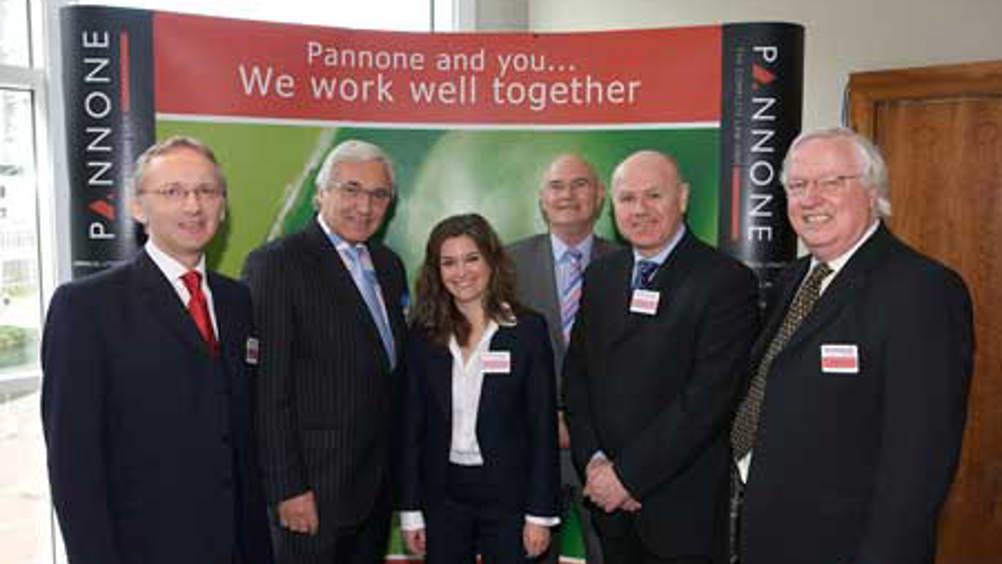Contracts and the law

Aidan Briggs reports on the Dental conference.
The rare Manchester sun was out to welcome delegates to the Lowry hotel for the 2010 Dental conference, organised by Pannone solicitors. In all, 100 or so dentists and related professionals gave up their Wednesday to hear key speakers give their views on the present state of National Health Service dentistry and, as soon became apparent, most brought strong opinions of their own.
After an early photo-call, Eddie Crouch opened the day by reminding listeners of the ever-increasing role of the law in dentists’ practices, a subject on which his personal experience is well-known. The day was focused around the legal and contracting issues facing NHS dentists and some predictions for the future.
Colin Hancock of Denticare said patients are now last on a long and impenetrable list of Three-Letter Acronyms with which practitioners have to grapple. This has led inexorably to systemic professional mistrust between dentists and their primary care trusts and, ultimately, a total loss of morale in the profession.
Register now to continue reading
WHAT’S INCLUDED
-
Unlimited access to the latest news, articles and video content
-
Monthly email newsletter
-
Podcasts and members benefits, coming soon!
